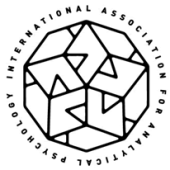The process of analysis, or any analytic therapy, must be rooted in an ethical attitude. As such, the IAAP is committed to upholding ethical practices by Individual Members of the IAAP and our Group (organizational) Members. Support for ethical practice occurs primarily through the activity of the Ethics Committee and the IAAP ethical guidelines for Individual and Group Members of the IAAP. An Individual Member of the IAAP is any analyst who has fulfilled the training requirements and become a member of the IAAP, but is not a member of one of the Group Member societies or institutes. A Group Member is a society or institute of Jungian analysts located within a particular geographic region that is recognized by the IAAP.
The Ethics Committee is tasked with evaluating and processing ethical complaints against IAAP Individual Members. The Committee may also receive complaints from Group Members as defined in these documents as well as consulting with Group Members regarding their ethical guidelines for their members. The ethical guidelines for IAAP Group Members must be consistent with IAAP ethical guidelines. Additionally, the Ethics Committee periodically reviews the IAAP ethics documents for revision.
The Ethics Committee welcomes feedback regarding the ethical guidelines for individual and group members published on this website.
Code of Ethics for Individual Members of the IAAP
The Responsibilities and Procedures of the Ethics Committee of the IAAP
Guidelines for minimal Standards in Codes of Ethics for Group Members of the IAAP
For inquiries concerning matters of ethics please contact: Tom Kelly, Chair, IAAP Ethics Committee Email: iaap-ethics@usa.net

